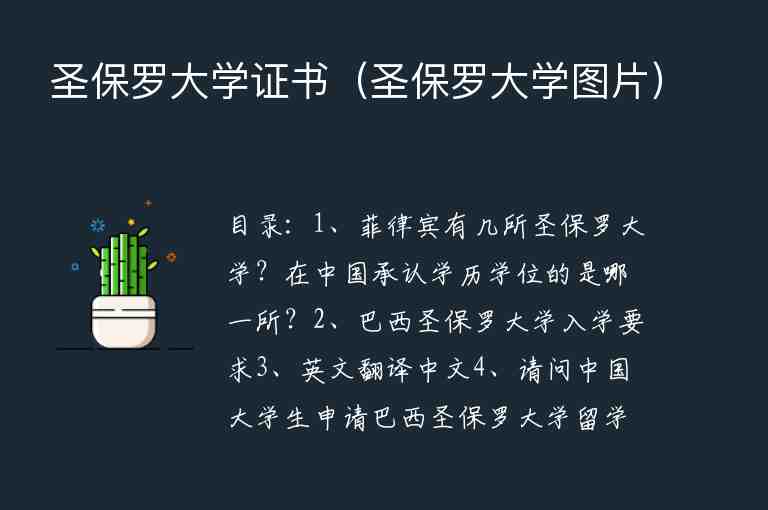一:annoy什么意思?用法、例句的意思
annoy是一个动词,意思是“使恼怒,使烦恼”。它可以指某件事情或某个人的行为让人感到不快或不满意,也可以指持续的小问题或麻烦。在日常生活中,我们经常会遇到让我们感到annoyed的事情。
二:怎么读(音标)
annoy的音标为/əˈnɔɪ/。
三:用法
1. annoy + 人:表示某人被某事所惹恼。
:
- My little brother always annoys me by playing with my toys without asking.
(我的小弟弟总是不经过允许就拿我的玩具玩,这让我很生气。)
- The loud music from the party next door is really annoying me.
(隔壁聚会的喧闹音乐真的很让我心烦。)
2. annoy + sb. + with sth.:表示某人因为某件事而被激怒。
:
- Don't annoy your boss with constant complaints, it won't do you any good.
(不要因为频繁抱怨而惹恼你的老板,这对你没有好处。)
- She was annoyed with her husband for forgetting their anniversary.
(她因为丈夫忘记了他们的结婚纪念日而感到恼火。)
3. be annoyed with/at sb./sth.:表示对某人或某事感到恼怒。
:
- I'm so annoyed with my roommate for always leaving dirty dishes in the sink.
(我对我的室友总是把脏盘子留在水槽里感到很生气。)
- She was annoyed at her boss's constant micromanaging.
(她对老板频繁干涉感到很不满。)
4. be annoyed by sth.:表示被某件事所困扰。
:
- I'm constantly annoyed by the noise from the construction site next to my apartment.
(我被隔壁公寓的建筑工地的噪音所困扰。)
- The constant ringing of his phone was starting to annoy me.
(他手机不停响起的铃声开始让我心烦。)
5. It annoys sb. that...:表示某人因为某事感到恼火。
:
- It annoys me that he always interrupts me when I'm speaking.
(他总是在我说话时打断我,这让我很生气。)
- It really annoys her that her co-workers never clean up after themselves in the office kitchen.
(她非常生气,因为她的同事们从来不在办公室厨房里收拾干净。)
四:例句1-5句且中英对照
1. The constant barking of the neighbor's dog is really annoying me.
(邻居家狗不停的叫声真的很让我心烦。)
2. I'm so annoyed with my coworker for always taking credit for my ideas.
(我对我的同事总是把我的想法当成自己的感到很恼火。)
3. It annoys me that my roommate never cleans up after herself in the bathroom.
(我很生气,因为我的室友从来不在浴室里收拾干净。)
4. She was annoyed at her husband for forgetting their anniversary.
(她因为丈夫忘记了他们的结婚纪念日而感到恼火。)
5. The constant buzzing of the fly in the room was starting to annoy me.
(房间里苍蝇不停的嗡嗡声开始让我心烦。)
五:同义词及用法
1. irritate:和annoy一样,都指某件事或某人的行为让人感到不快或不满意,但irritate更强调对某事的反应。
:
- The constant beeping of the car alarm is really irritating me.
(车闹铃持续响起真的让我很烦躁。)
- His constant bragging about his achievements irritates his coworkers.
(他总是吹嘘自己的成就,这让他的同事们很恼火。)
2. bother:和annoy一样,都指某件事或某人的行为让人感到不快或不满意,但bother更强调对某事的打扰。
:
- Can you please s bothering me while I'm trying to work?
(我在工作的时候你能不能别打扰我?)
- The loud music from the party next door is really bothering me.
(隔壁聚会的喧闹音乐真的很让我心烦。)
3. vex:和annoy一样,都指某件事或某人的行为让人感到不快或不满意,但vex更强调对某事的困扰。
:
- The constant ringing of his phone was starting to vex me.
(他手机不停响起的铃声开始让我心烦。)
- She was vexed by her boss's constant criticism.
(她被老板频繁的批评所困扰。)
六:编辑总结
annoy是一个常用的动词,意思是“使恼怒,使烦恼”。它可以指某件事情或某个人的行为让人感到不快或不满意,也可以指持续的小问题或麻烦。它可以和多个介词搭配使用,表示不同的表达方式。在写作中,我们可以使用其同义词来避免重复使用,并且需要根据语境来选择合适的动词。希望本篇词典释义内容可以帮助你更好地理解和使用annoy这个单词。

